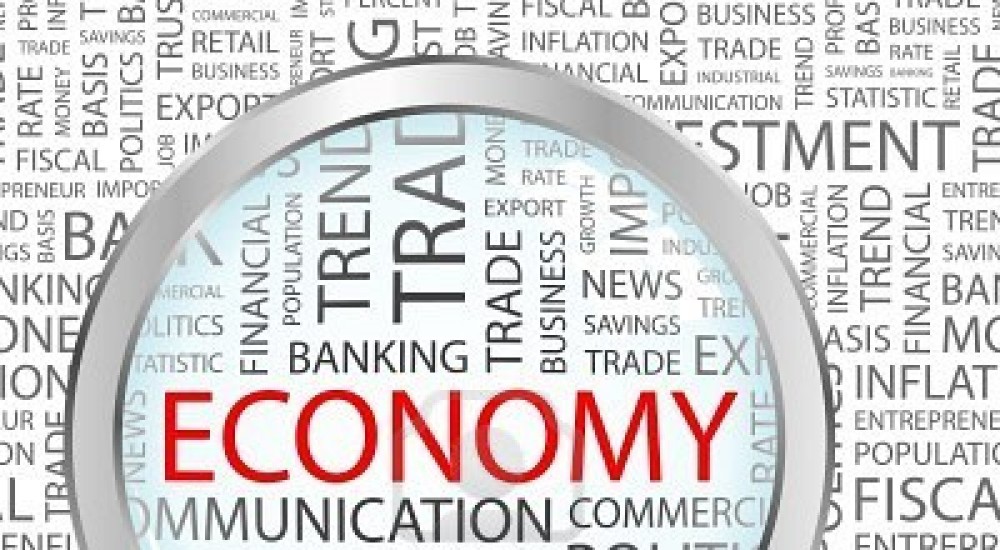Consensus Emerging On Central Banks’ Limitations
Amidst the whirl and rush of Campaign 2016, a consensus is slowly building regarding the role of the Federal Reserve and other central banks in stimulating economic growth.
Namely, the central banks shouldn’t be doing it all alone.
This has long been an argument espoused by “the left” – in economics, that’s usually Keynesians such as Paul Krugman, who has been pushing government-fueled increased in aggregate demands ever since the 2009 stimulus petered out (here are his latest screeds on that particular topic).
What makes things different is the intervention from John B. Taylor, economist at Stanford, author of the Taylor Rule, and former Under Secretary for International Affairs in the Bush Treasury Department.
…the exclusive reliance on monetary policy, both orthodox and unorthodox, has not only failed to secure a significant recovery of economic activity in the US, the UK or the eurozone, but is producing major distortions in financial markets…
The distortions created by policy include excessive asset price inflation, severe pressures on pension funds and a weakened banking system. The fundamental error derives from the exclusive role given to monetary policy.
This has led to loosening being pursued far beyond appropriate limits, the folly of negative interest rates being an extreme example. A balanced approach, with fiscal, regulatory, and tax reforms, would secure improved performance of the real economy and permit the return of a rational monetary policy.
…central banks are pushed into being multipurpose institutions beyond their range of effective operation.
Taylor is one of the many economists on the center-right who see the loose monetary policy of 2003-5 as a major factor in the housing bubble whose bursting led in part to the Panic of 2008. Even so, while his call for a “balanced approach” (joined by John Eatwell of Cambridge) likely means a different policy set than that Krugman would recommend, it does implicitly endorse Krugman’s assertion that our major democracies’ elected officials – and would-be elected officials – have some serious work to do.
Sadly, such an acknowledgement is largely lacking among the candidates for president – who seem more interested in tribal signaling (Trump and Clinton) and in complaining about lack of debate presence (my endorsee, Gary Johnson) than in advocating for growth-oriented policies.
Here in Virginia, of course, Keynesian deficit spending runs afoul of the Virginia Constitution. Of course, there is no such limitation to supply-side “fiscal, regulatory, and tax reforms.”
Granted, its early in the 2017 sweepstakes, but with the Democrats determined to nominate tax-hiker Ralph Northam, and the Republican candidates going a whopping four-for-four on state-or-local-level-tax-hikers (Wittman voted for HB3202, which Gillespie also backed in his brief tenure as RPV chair in 2007; Wagner supported Plan ’13 From Outer Space, and Stewart has quite a few local tax increases in his record), said supply-side reforms could need a sixth candidate…
…or at the very least, a shift in focus among the Republican candidates from the apparent who-loves-Trump-more contest into which Stewart has corralled them.


